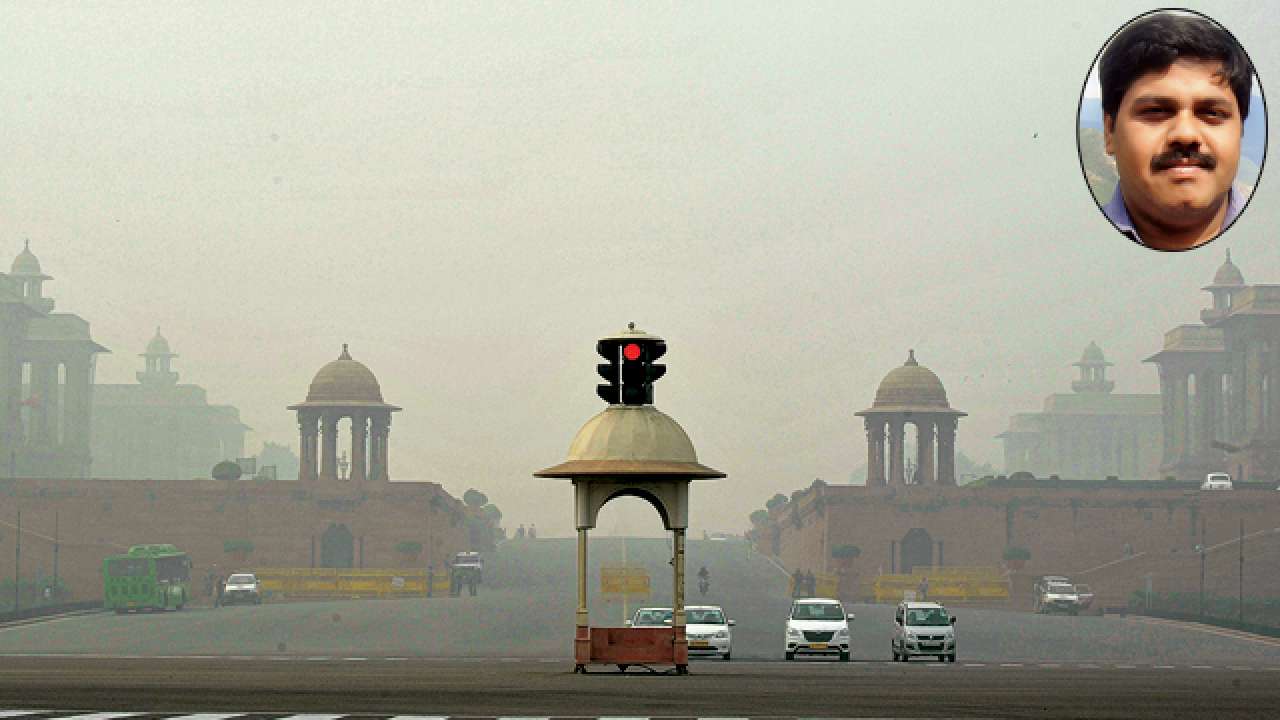
Considering the ban on firecrackers, we expect to have a less-polluted Diwali. However, this will be possible only when the administration ensures the implementation of the ban on ground, as it is quite likely that people will buy crackers from outside and burst it. Ideally, the ban should have come with penalties and regulatory measures. The weather conditions around this time of the year are such that the wind speed is very low, and hence the particulate matter is difficult to be dispersed in the air. In this scenario, any new activity, adding to pollution, severely damages the air quality, thus leading to layers of smog making it difficult for people to breathe. Last year, the November smog crossed the 'poisonous' and 'hazardous' levels of air pollution, a day after Diwali, as there was no plan in place to curb pollution. The episode was an eye-opener for the administration after which all agencies and government departments were roped in to suggest measures. This year we have the Graded Response Action Plan (GRAP) — with elaborate measures for every category of pollution — to come into force from October 15. The measures, if implemented and monitored well, can help maintain moderate levels of air quality during the festival.
It will definitely help assess the difference and the intensity. This time it is a great opportunity for the government to collect more and relevant data. The government must ask the pollution boards to monitor the patient inflow in hospitals after the festival, the problems being reported, and then compare it with the last year's data. This will help zero in on each aspect of its impact. Based on this we can work out feasible measures to deal with the issue in totality.
Firecrackers are basically explosives, and the emissions result in massive pollution of soil, water, air and the food chain as well. Firecrackers have metals like sulphur compounds, barium, lead and aluminium, among others, which are highly destructive, and damage the human lungs and eyes. The toxins when mixed with pollutants in the air form a cocktail, which results in breathing problems. The monitoring study conducted by the Central Pollution Control Board (CPCB) last year shows an increase in the breathing zone exposure levels. Children whose lungs are in the developing stage, and those how have a fairly rapid breathing rate are the most affected.